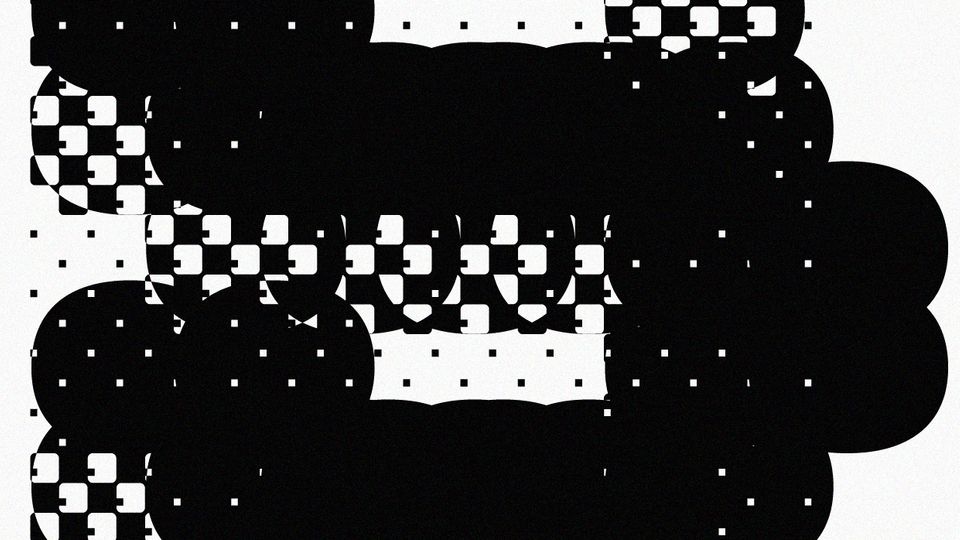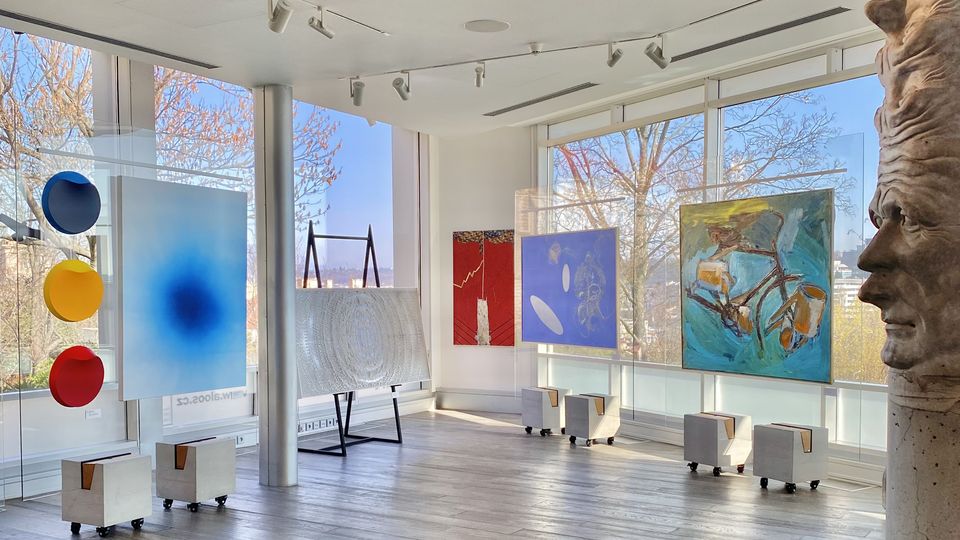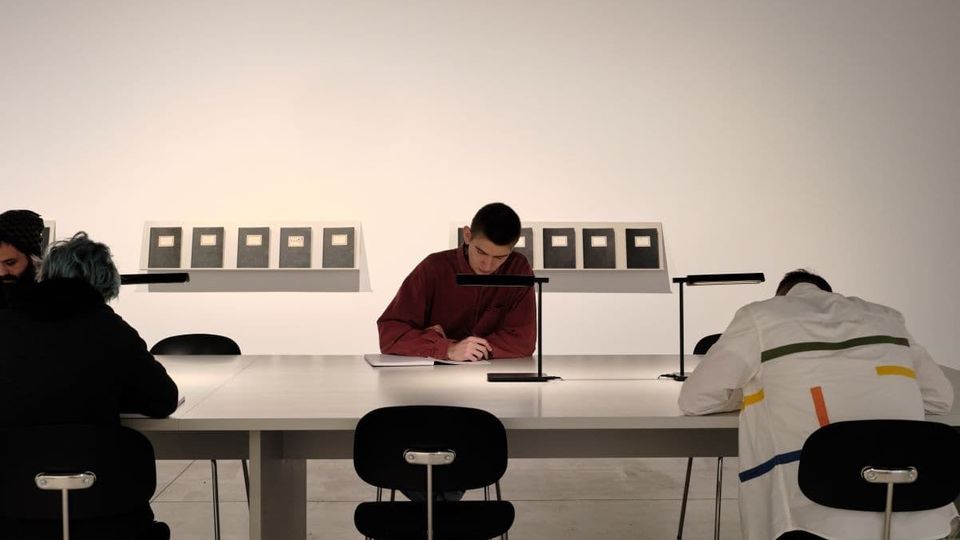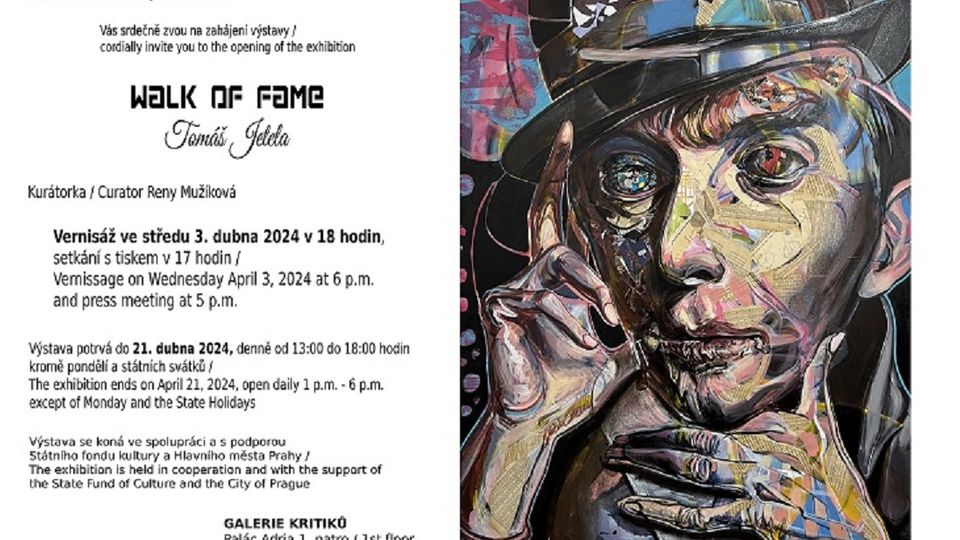If you have a heart, what you did to me hurts you too.
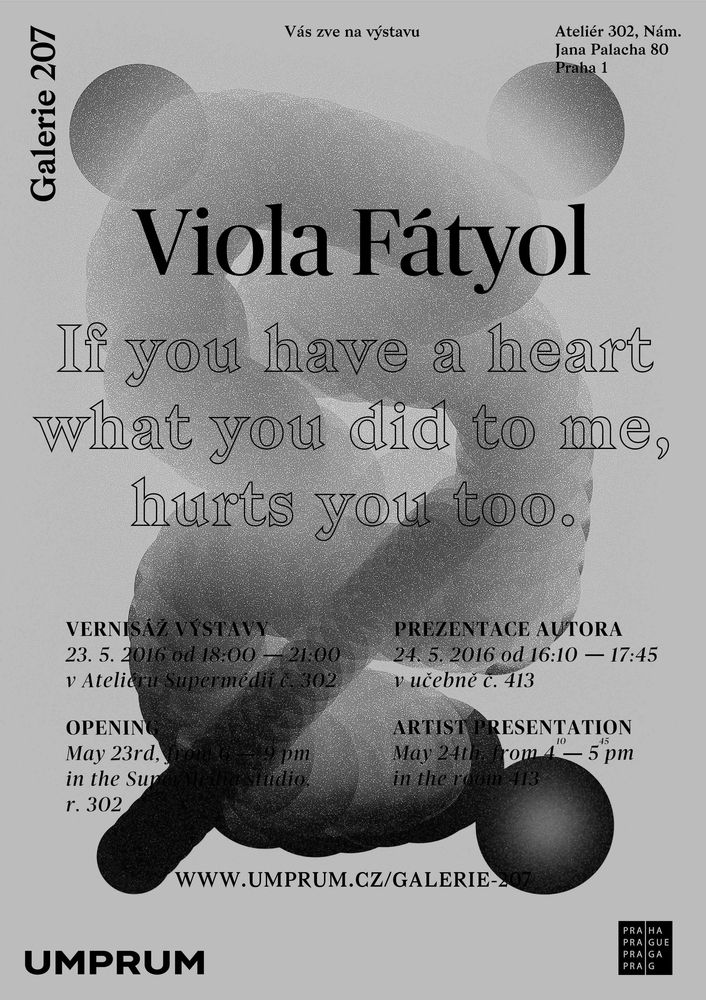
I came in contact with the Folk-song Choir of Vámospécs in 2013 and I soon became a part of the group. During this participatory observation I could study the everyday life of the commmunity, their traditionalist activities and their role in the local cultural life. It was important for me to analyze and demonstrate the milieu of the Hungarian countryside, to observe and understand the peculiar mood and cultural phenomena typical of the countryside. While I was following the events of the life of the group I naturally started to emotionally identify with them, so from the beginning my representation of the community was tinted by the forming friendly and emotional bonds. Thus the direction of the research soon turned to the individuals making up the community: I was interested in why the community was important for the women, what role it had in their lives, how they used their belonging to the group to process their life events. Meanwhile the women who became my friends provided me with advice on how to get through the difficulties of my own life, so from a certain point of view my time spent with the community and my work became a sort of therapy: I used my belonging to the the group to help proceed with my personal dramas, the same way as the women of the choir do.
Our common work is still going on: the aunts familiarize me with their own traditional female roles and the way they bear them. Their participation in the folk-song choir is an intellectual activity and a self-expressive act with which they step out of the opportunities traditionally offered by their lives. This intellectual exit often seems to be a heroic energy investment in the milieu of the Hungarian countryside. This is why I consider the members of the folk-song choir such female role models, who in my work, besides preserving their own character, can become the allegorical figures of surviving and getting by as a woman.

